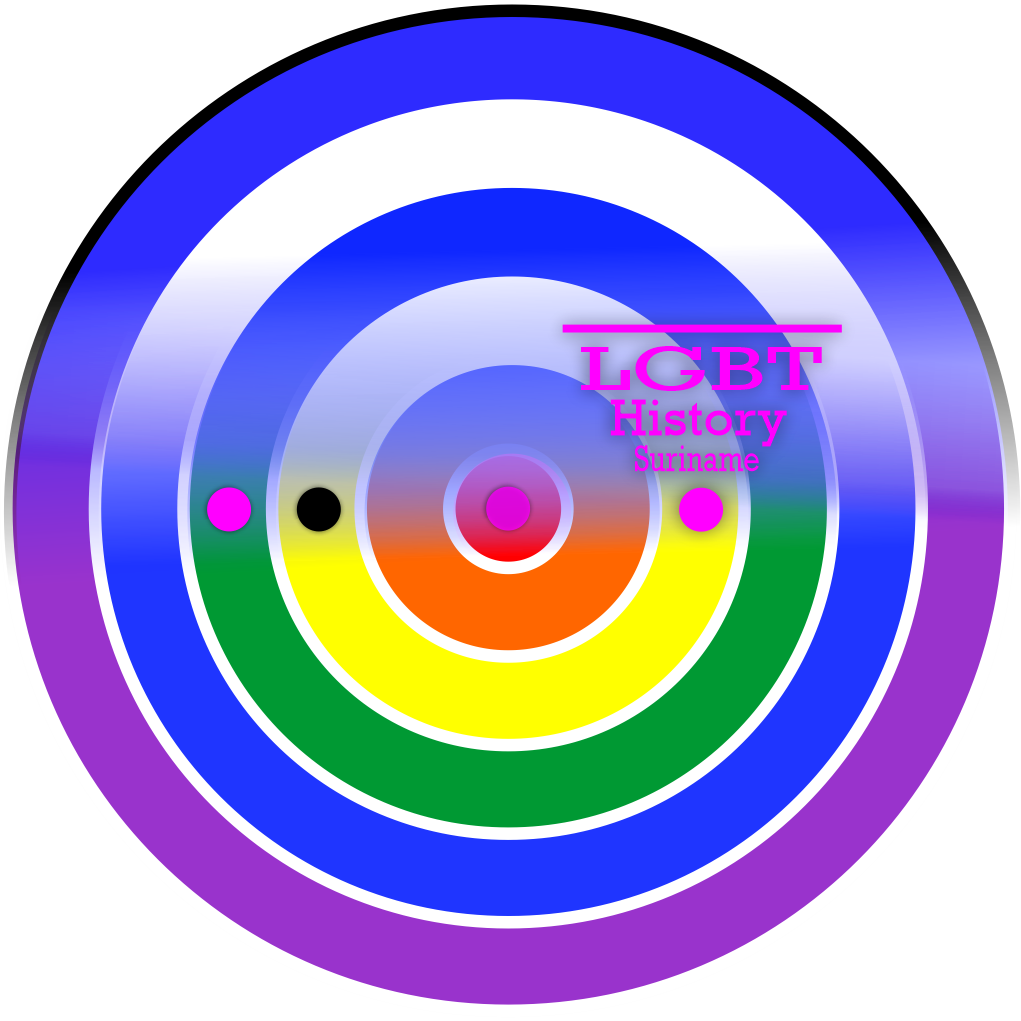In 2016, the exhibition ‘Faces’ covering USA Black Gay History and Surinamese Gay History was organized and hosted by Parea Suriname, with the support of the American Embassy in Suriname. On this occasion researchers made a first attempt to create an initial version of the document, ‘A History of LGBTs in Suriname’, which was to serve as the outline for the exhibition. This document was not only the starting point of the exhibition, but also formed the basis for further research.
After six years of painstaking research, in late 2022 – early 2023 a revised version could be created, encompassing four themes, just as the initial document. All four themes, 1. Early attitudes – 2. Social Life – 3. Awareness and Activism – 4. Recent Challenges, have been extensively extended and updated to make the story more complete. The title of the document, now presented in book form, was changed to ‘Love – A History of Hate in Suriname’.
Many facts have been unearthed; many dots have been connected, while several subjects remain obscure for now. This Surinamese LGBT history consists mainly of events and actions that occurred in this country. Events that unfolded outside Suriname are mentioned only if and when there is a direct connection with the gay history of Suriname. The gay history of Surinamese people in diaspora (particularly in the Netherlands) is a completely different story with its own characteristics, which someday must also be written down.
Suriname was a Dutch colony until its independence in 1975. Dutch is still the country’s official language. Although this history centres on Suriname, it has in recent years become clear that the messages conveyed have much broader relevance and can be of significance in the battle for justice and for basic human rights in nearly all countries of the world. English serves as the native language for many such countries and is in common use as a second language in many more. This hopefully explains the choice for the use of English for this book.
This attempt to comprehensively write down the LGBT history of Suriname is not based solely on newly conducted research into literature and oral history; we have also tapped into research already carried out. We must state that in most of the earlier research and reports, many of the conclusions, explanations, and perceptions regarding sodomy (homosexuality/LGBT), although technically and historically perhaps correct, were based on intuition and reconstruction of historical facts seen mainly from the heteronormative perspective. Intimate, internal nuances and subtleties regarding the LGBT phenomenon and same-sex relationships were left out of the equation and were therefore not part of the discussion. Throughout our work this aspect has been shown to be a useful tool for gaining otherwise untapped insights and explanations, in understanding a whole lot more about this part of history. A ‘Hide, Flee or Suicide’ characteristic clearly distinguishes itself throughout this LGBT history. Suddenly, many stories and facts seem to be making much more sense, while others take a more drastic turn in conclusive understandings.
Doing research on a topic that has for centuries been taboo highlights the extreme difficulty in finding reliable information. Most recorded information available is and remains written down by the victor, the oppressor. This fact and the era in which the information was recorded did not favour homosexuality. Even worse: the decision was often made to use an approach of declaring homosexuality the ultimate enemy and a threat to mankind. Many theories to justify this persecution were used, but religion always stuck out head and shoulders above them all. What better way to use scriptures which no one, out of fear of heresy and blasphemy, dares to dispute, even when such theory is based on a nonsensical, non-humanistic and biased approach. Based on these facts, the LGBT history of Suriname, or for that matter any part of the world, is best described by the words: ‘Execution – Extinction – Existence – Expression’. Depending on an individual’s geographical location and circumstances, anyone could easily select any or all of these terms to pinpoint his/her own current situation in an enduring history.
